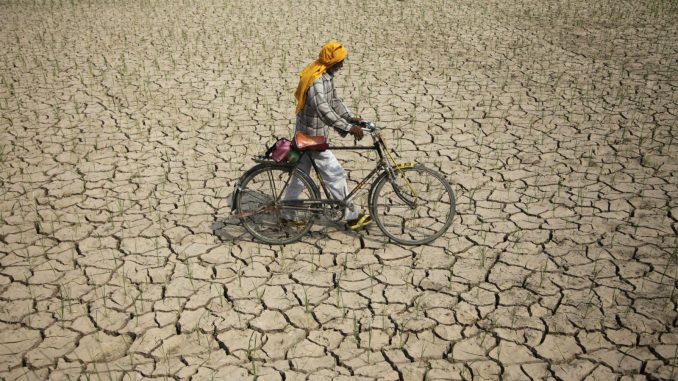
CHENNAI: “Tamil Nadu’s farmers have displayed commendable strength and courage by going to Delhi and protesting. Had they not done so, we wouldn’t have realised the severity of the situation,” said Rajendra Kumar, at a presentation on ‘Making Tamil Nadu drought-free’. “But protests alone are not the answer. The farmers must now take it upon themselves to create community-driven, decentralised water management options, which many others like them in the state can also follow,” he added.
At an event organised by Goethe Institut as an extension of its ‘Chennai Water Forum’ initiative, Kumar, also known as the ‘Water Man of India’, proposed changing crop patterns according to an area’s water availability. “At Rajasthan’s villages, we shifted to growing coriander a crop that uses less water, harvests in 40 days, sells for 40 a kilo, and is so fragrant, our animals never came close to it,” he said.

Leave a Reply